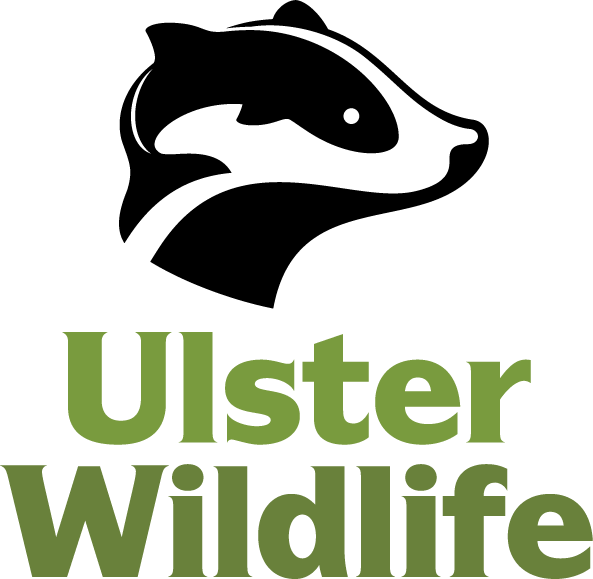The report disappointingly shows that despite improvement measures, less than one-third of rivers had good ecological status in 2021, showing no change since 2015 and in the case of lakes, only 14 per cent, down from around 24 per cent in 2015. That’s despite 88% of people in Northern Ireland, England and Wales agreeing freshwater habitats are a “national treasure” and want more done to protect them as part of a 2021 YouGov poll.
Sir David Sterling, Vice Chair of Ulster Wildlife, said, “This report should serve as an urgent wake-up call to the Executive. Healthy waterways are the foundation for all life and are considered a national treasure by the public. Yet, for too long we have neglected our rivers and lakes, with human health, wildlife and economic prosperity suffering as a result. The shocking scenes from Lough Neagh last summer are a testament to this.
“Business as usual is no longer good enough. We urgently need a step-change and long-term investment strategy to bring our waterways back from the brink of collapse. Updating our ageing sewage infrastructure system alongside greater funding to tackle agricultural pollution must be top priorities. As the impacts of climate change deepen and extreme weather events become more frequent, shifting climate baselines need to be considered and integrated with future plans.”
Business as usual is no longer good enough. We urgently need a step-change and long-term investment strategy to bring our waterways back from the brink of collapse. Updating our ageing sewage infrastructure system along with greater funding to tackle agricultural pollution must be top priorities
Ulster Wildlife is calling for the NI Executive to seriously rethink and reprioritise options for the way forward. This includes:
1. Prioritising funding for wastewater treatment and updating sewage infrastructure
The Living with Water Programme led by NI Water had started the journey to a better future by identifying and modelling wastewater overflows, capacity and condition of existing infrastructure and progressing plans to rectify the problem, but this has been impacted by budget priorities for the NI Executive. How we treat wastewater is critical for our health and well-being and to the economic prosperity of Northern Ireland. Underfunding means that many of the sewerage networks and wastewater treatment works across NI, and especially Belfast, are at or nearing capacity, meaning future connections for new developments may not be possible and significant constraints will be required for economic growth and house building.
2. Climate-proofing wastewater treatment works
NI Water’s modelling indicates that over 17 million tonnes of human waste is discharged each year into rivers and water bodies across NI, the majority discharging into Belfast Lough. This problem is increasing with the frequency of more extreme weather conditions associated with climate change. This is causing significant issues for water quality, and biodiversity and may impact human health. Wastewater contains nutrients, microbes, pharmaceuticals, chemicals, legacy pollutants and microplastics.
3. Greater funding and initiatives to tackle agricultural pollution
Changes to farming practices to prevent agricultural pollution also needs to be a priority, with a quarter of water pollution incidents linked to agriculture. The report recognises that previous measures have not been effective. New schemes such as DAERA’s Farming with Nature programme (under design) must include measures for addressing pollution prevention on a catchment-based approach and this needs to be financed appropriately. Encouragingly, globally innovative programmes such as the Soil Nutrient Management Scheme are being rolled out by the Agrifood Bioscience Institute (AFBI) which are measuring field-by-field nutrient status and this will help to redress the balance of nutrients and identify risk zones on the farm.
4. Impartial pollution advice for farmers
The availability of a trusted independent source of help and advice for farmers on pollution is a gap in current provision and needs to be considered. The majority of farmers want to do the right thing and would benefit from impartial advice from non-statutory bodies, where problems can be identified and dealt with effectively.
